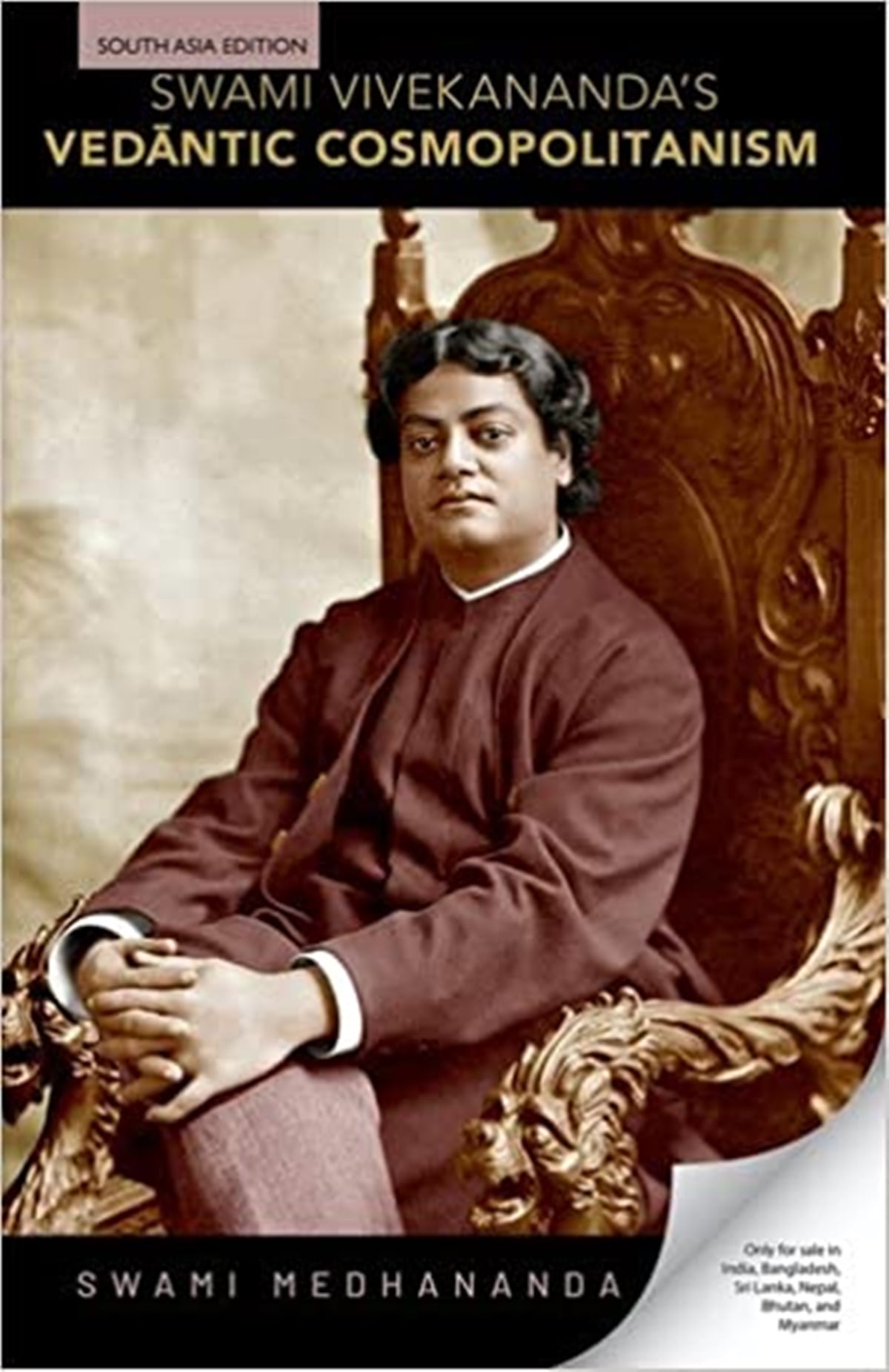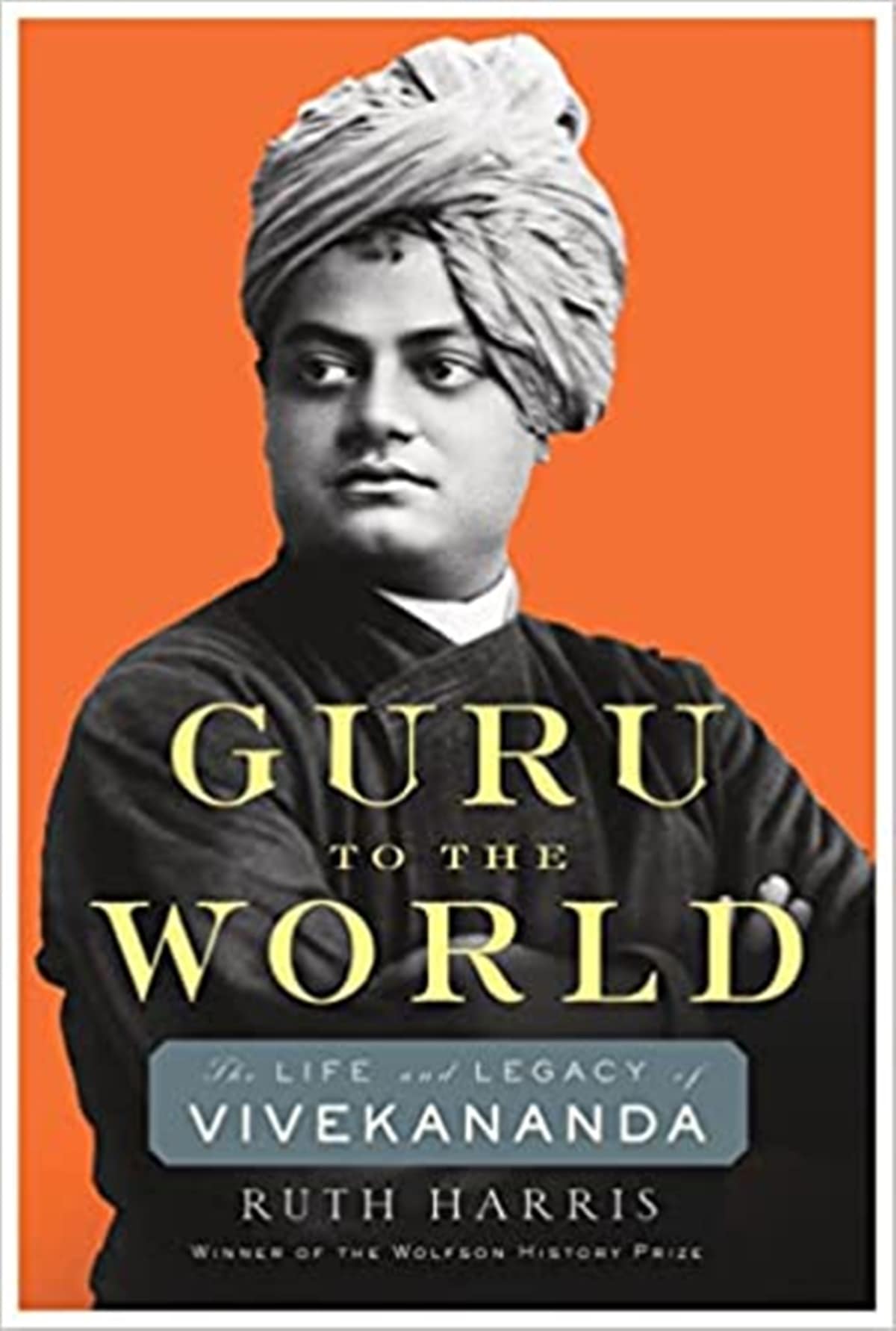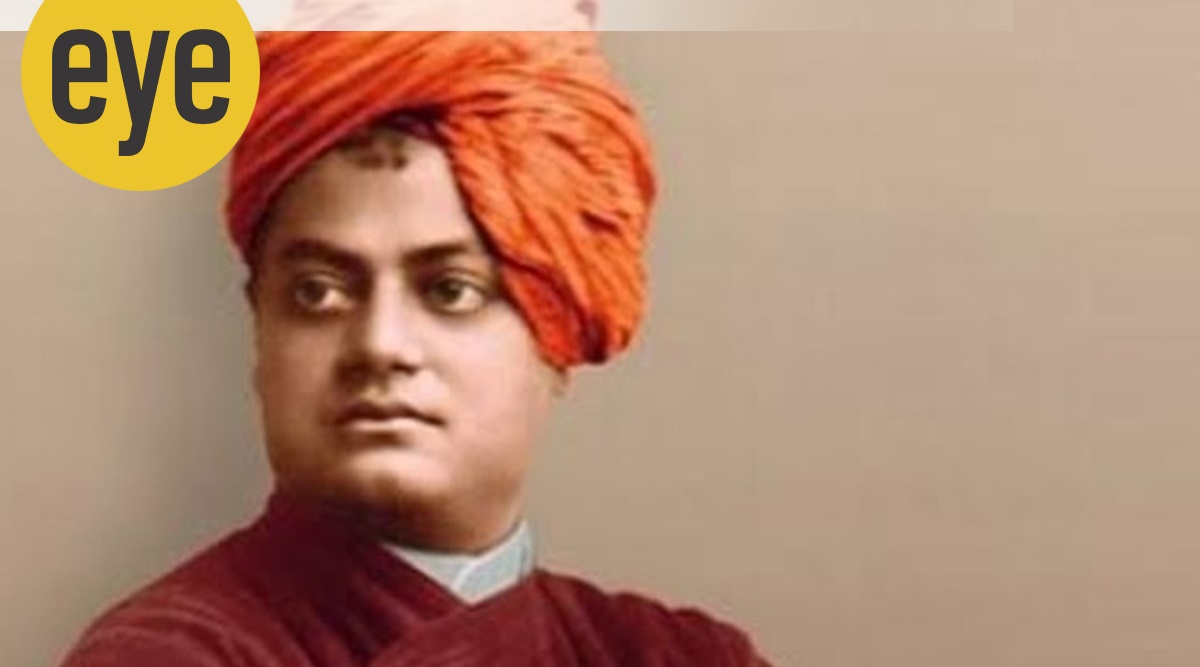Swami Vivekananda has become, to borrow Auden’s phrase, a climate of opinion. It seems almost impossible to grasp the real depth of his achievement. He has been ill served by crude political appropriations by the Right and ignorant polemics by the Left. But even more politically detached readings of Vivekananda are marred by breathtaking superficiality.
The construction of him as a kind of “Guru to the World,” the title of Ruth Harris’ engagingly written account of the phenomenon, detracts from a serious engagement with him. In part, this is because no modern scholar had the five attributes necessary get Vivekananda right. Such a scholar would, first of all, have to take seriously and understand the claim that super sensuous experience is a genuine source of knowledge, and that this knowledge is grounded in experience.

Any writing on Vivekananda, or Hinduism more generally, that does not understand this claim, is not worth the paper it is written on. This scholar would then have to be also deeply versed in a wide range of canonical texts from the Puranas to Shankara, from Upanisads to Astavkra Gita. For it turns out, as Swami Medhananda, argues in the incandescently brilliant book, Swami Vivekananda’s Vedantic Cosmopolitanism, that Vivekananda is also a serious textual reader.
 Swami Vivekananda’s Vedantic CosmopolitanismSwami MedhanandaOxford University Press432 pagesRs 1050 (Source: Amazon.in)
Swami Vivekananda’s Vedantic CosmopolitanismSwami MedhanandaOxford University Press432 pagesRs 1050 (Source: Amazon.in)
All kinds of superficial claims about the continuities and discontinuities in Advaita and its relation to other streams of thought are often simply a consequence of monumental ignorance of the tradition. Third, such a scholar would have to be a gifted philosopher, and would take the hermeneutical assumption that Vivekananda is also a careful philosopher seriously. Fourth, such a scholar would have to also be stepped in the vernacular idioms and practices of religiosity have a feel for Saktism and Vaishnavism, for instance.
Finally, as an added gift, they might also have the familiarity with Western philosophy to be able to do the work of translation. In the contemporary landscape, there are some brilliant philosophers like Jonardon Ganeri. But there are probably only two who probably satisfy all five criteria. The first is Arindam Chakrabarti. The second is Swami Medhananda (previously known as Ayon Maharaj, the author of Infinite Paths to Infinite Reality). He is also in the Ramakrishna Mission, and can think from inside the tradition as well. It is not an accident that Swami Medhananda has produced, not simply the best book on Vivekananda, one unlikely to be surpassed. It is also the best book on modern Hindu thought and religious thought more generally.
Swami Vivekananda’s Vedantic Cosmopolitanism book is a marvel of philosophical brilliance and erudition. The book scrupulously reconstructs Vivekananda’s arguments on ontology (the sense of Oneness, and the ethics of love that flow from it in Advaita Vedanta), the claim about the harmony of all religions), the experiential basis of religion, the relationship between faith and reason, and most ambitiously the nature of consciousness itself.
After a powerful opening chapter that charts Vivekananda’s own evolution and his relationship with Ramakrishna Paramhamsa, Swami Medhananda carefully spells out Vivekananda’s reconstruction of Advaita. Almost all modern Indian thought is a revolt against Samkara in one form or the other. Vivekananda reconstructs Samkara to argue that both Brahaman and personal Sakti are equally real, and that maya is a manifestation of the divine, not just a veil over it.
Most Read 1Chandrayaan-3 mission: Dawn breaks on Moon, all eyes on lander, rover to wake up 2As Indo-Canadian relations sour, anxiety grips Indian students, residents who wish to settle in Canada 3Karan Johar says Sanjay Leela Bhansali did not call him after Rocky Aur Rani: ‘He’s never called me but…’ 4Gadar 2 box office collection day 40: Hit by Shah Rukh Khan’s Jawan onslaught, Sunny Deol movie ends BO run with Rs 45 lakh earning 5Shubh’s tour in India cancelled: Why is the Canada-based singer facing the music?
He argues that each of the four Yogas, Bhakti, Karma, Gyana and Raja, are equally valid and independent paths to salvation. Vivekananda has always been accused of affirming the superiority of Advaita against all other religions, his doctrine of harmony concealing a hierarchy. Swami Medhananda argues that Vivekananda’s views on this evolved, and his final position is defence of religious pluralism on the basis of full-fledged salvific validity. He then goes onto discuss the nature of consciousness, the question of evil, and the nature of religious experience where Vivekananda draws more from Samkara.
It is hard to convey the depth of this book in such a short review. It deals with the most difficult of subjects, it has an exemplary engagement with counter arguments, is always crystal clear and admirably unbullying. This might serve as the one book that doubles both as the most authoritative account of Vivekananda and debates in Hinduism. This is the book you will read for enlightenment and edification.
Also ReadRomila Thapar: ‘Majoritarianism can easily become – and often does — an a…Education Minister launches comic book to sensitise adolescents on holist…From Amitav Ghosh to Perumal Murugan: 15 best books on India'The Hero of Tiger Hill': Book tells story of India's youngest Param Vir … Guru to the World: The Life and Legacy of Swami VivekanandaRuth HarrisBelknap Press560 pagesRs 799 (Source: Amazon.in)
Guru to the World: The Life and Legacy of Swami VivekanandaRuth HarrisBelknap Press560 pagesRs 799 (Source: Amazon.in)
If, on the other hand, you are interested in Vivekananda’s Western disciples and his transformation into a new-age guru, then Ruth Hariss’s beautifully written Guru to the World: The Life and Legacy of Vivekananda is a book to read. It is wide ranging about his reception both in America and England, and quite insightful on the social milieus in which Vivekananda was received, particularly the heady mix of anti-colonial sentiment and spiritual angst that drives his disciples. It remarks on but does not delve deeply into the profoundly interesting question of why so many of his disciples in the West were women. The book is thin in its treatment of ideas, but makes up for it with moving and deft portraits of figures like Sarah Farmer and Margaret Noble. But if you want to encounter the ocean that is Vivekananda, in both the depth and all its ripples, spend a few days with Swami Medhananda.
The writer is contributing editor, The Indian Express


